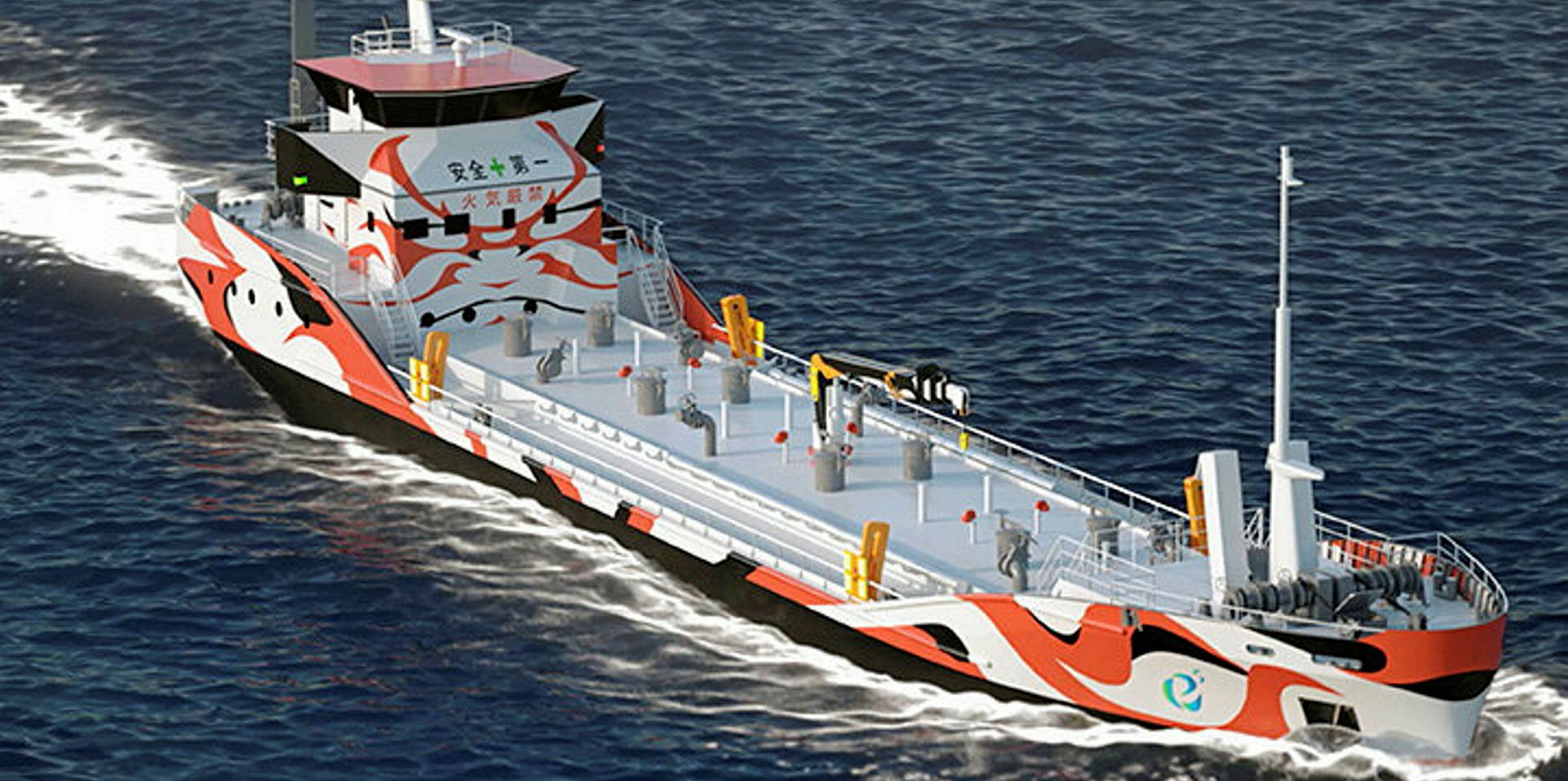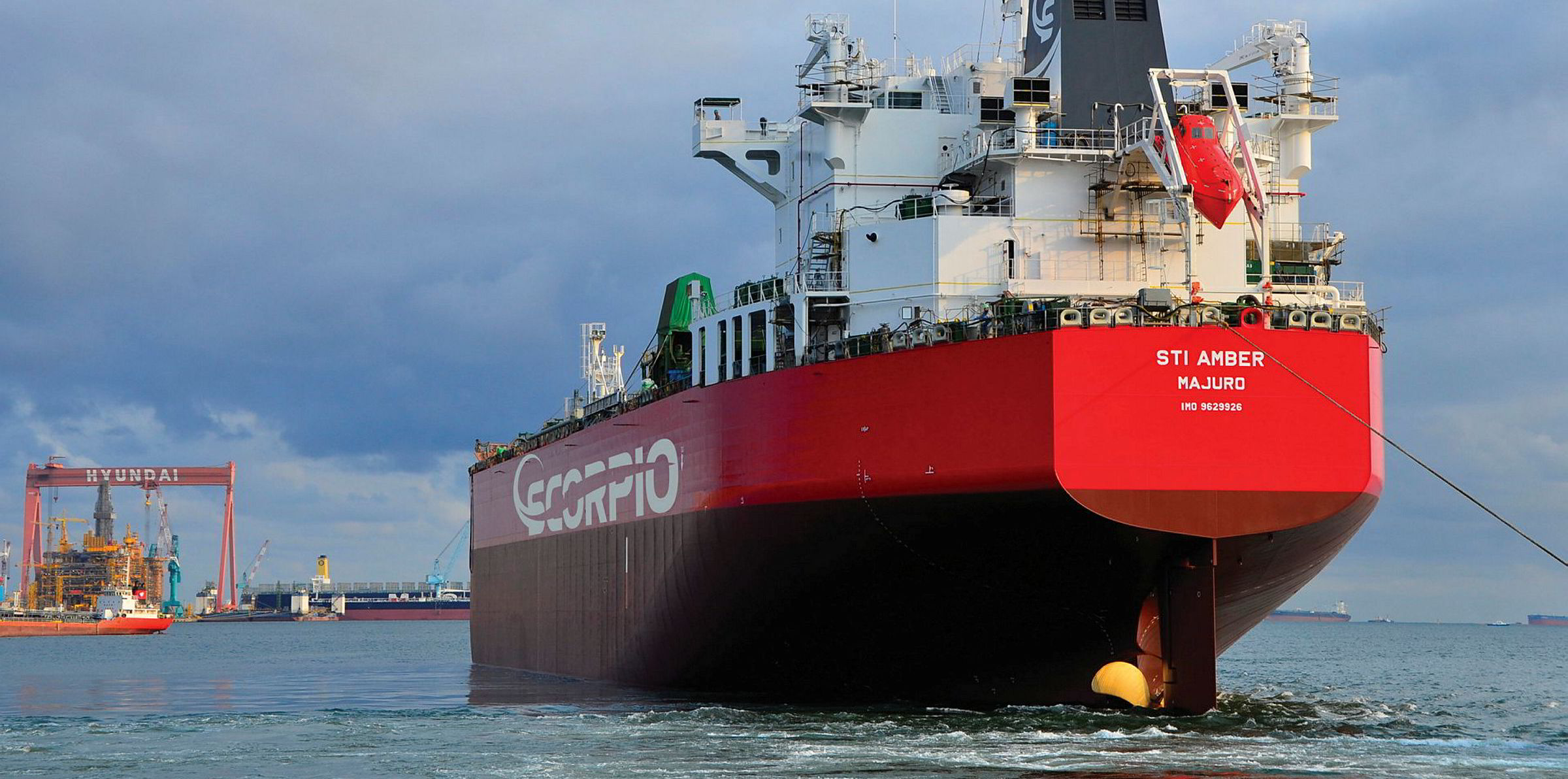UK shipowning fund Tufton Oceanic Assets believes investment opportunities are bound to arise due to the coronavirus pandemic.
Writing in the company's interim report, chairman Rob King said it is still too early to make definitive projections about the effect of Covid-19 on world trade.
But he added: "Inevitably there will be some distress leading to investment opportunities."
The fleet of 16 bulkers, tankers, a gas carrier and boxships has a "relative resilience" due to diversification and longer-term charter coverage to strong partners.
This continues to insulate the company against the extreme movements of the shipping spot markets, King said.
"In the longer term, poor markets may start to impact on charter renewals as they occur," he added.
Profit dips but revenue up
In the six months to 31 December, the company made net profit of £5.5m ($6.81m), from £6.6m in the same period of 2018.
Revenue grew to £29.2m from $10.1m as the fleet expanded.
It raised an additional $31m through share sales, bringing the total capital raised since inception to $250.4m.
"The performance of the company during the period held up well against a backdrop of geopolitical challenges and more recently the Covid-19 coronavirus outbreak," it said.
Its net asset value was $253.4m, versus net issue proceeds of $245.4m.
Tufton is continuing to target an annual dividend of $0.07 per share, it said.
'Significant implications'
"During the second half of last year and since the turn of the year, there have been significant geopolitical events; initially the ongoing US/China trade tariffs disputes followed by the short-lived crisis in the Middle East and Iran, which have had a negative impact mainly on the bulker and containership sectors," it added.
During the second half of last year and since the turn of the year, there have been significant geopolitical events...
Tufton Oceanic Assets
"However, the issues surrounding Covid-19 and the spread of the virus outside of China into a pandemic, together with the recent drop in oil prices, also have significant implications for the maritime industry."
It said there was a dramatic fall-off in both Chinese imports of dry bulk raw material and lower containership cargo exports.
And as future oil prices rise beyond spot prices, storage has grown in pace.
"When land-based storage is full, we expect vessel supply to be taken out of the market for floating storage, but it is clear, however, that oil/oil product consumption demand growth will remain low until normality is restored," it said.
Tufton is also expecting bulkers and boxships to remain subdued during the continuation of the current reaction in the Western world to the spreading coronavirus threat.





